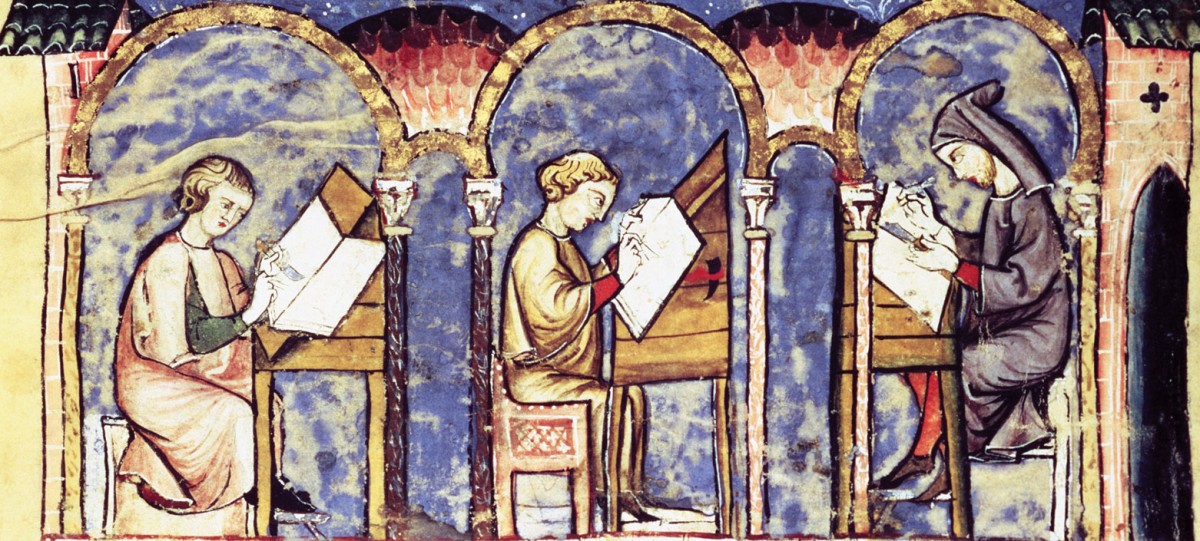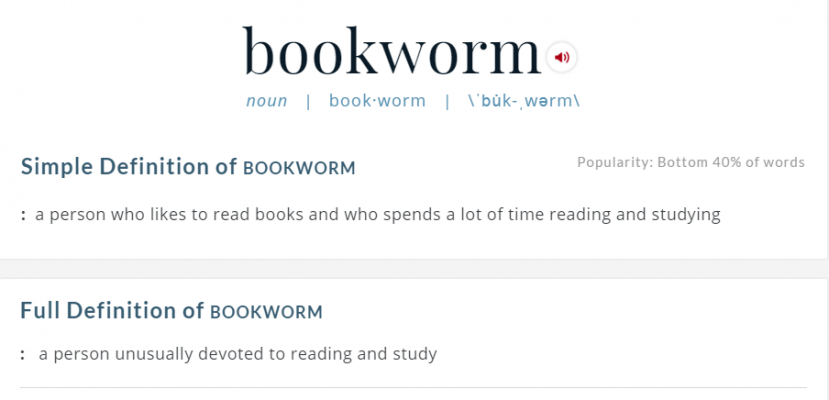After our discussion on Wednesday (which was great, by the way) about the degenerative/regenerative properties of worms, and the role they pay in the death~rebirth cycle, I thought I’d take a look at the tangible role worms play in the life cycle of texts.
Worms have had an intimate relationship with documents for many hundreds of years. They used to be so much of a problem that they bored into our everyday language:
Many different insect larvae will tunnel through the pages of books, especially older books (they aren’t chemically treated in the same way). Some only eat through the bindings, some preferr to munch on the hard wood covers, and some only care for parchment (dried animal skin). In other words, there is not one “particular” worm that has been labelled The Bookworm.
Still, they manage to pretty effectively destroy old, neglected books. The American Institute for Conservation of Historic and Artistic Works has a special department dedicated to paper and book conservation. The University of Texas at Austin suggests that owners freeze insect-infested books to kill the unwanted pests (unless they’re bound in leather, in which case the fat cells may rise to the surface, creating a phenomenon called “bloom”).
Thinking about bookworms helped me envision how texts literally fit into the cycle of degeneration/regeneration. We think of books as inorganic, static beings with certain elements of both immortality and fragility. A text’s ideas transcend time and space, preserving thoughts, voices, and therefore (some believe), their authors. At the same time, the delicate nature of a book means that its destruction is irreversible. Book burnings are horrific because their contents are unique, irreplaceable, and perhaps unduplicable.
But books do not exist in a vacuum. When we cite works in our papers, we demonstrate the reproductive quality of text. All books have a traceable lineage of ideas, style, and language. If books are capable of producing progeny, they do so by influencing other books and by breeding ideas in our minds.
Is it necessary for books to die, and become reborn? Is text inherently involved in its own life cycle? How original are the books we read? I have no answers to these questions; just some philosophical ramblings.

